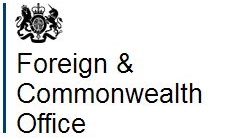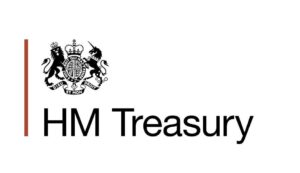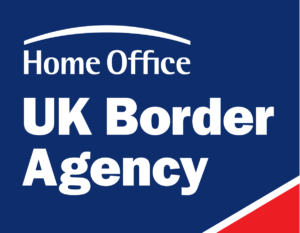Sanctions screening involves screening individuals, groups or companies against designated sanction lists according to the territories in which an organisation trades, the currencies they trade in, and their partnerships and alliances.
This can take the form of manually inputting a name into an online search tool, checking a customer database for any sanctions alerts, or automatically screening customer and stakeholder databases regularly.
You may apply a risk-based approach to setting up a system that checks your clients and counterparties against the sanctions lists.
Factors that may increase the risk of a person being on the sanctions list, and so increase the reason for checking the list, include:
- clients or transactions with links to jurisdictions subject to sanctions, even if the clients are based locally
- clients or transactions involving politically exposed persons (PEPs)
- clients or transactions involving complex corporate structures in jurisdictions with high terrorist financing risks
- clients who seem unable to receive funds or send funds from a bank account in their name, for no good reasons
























